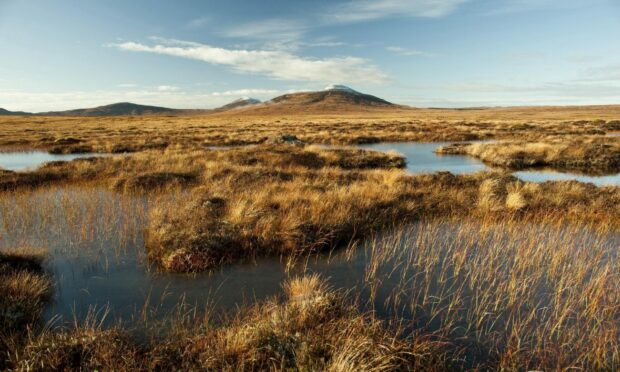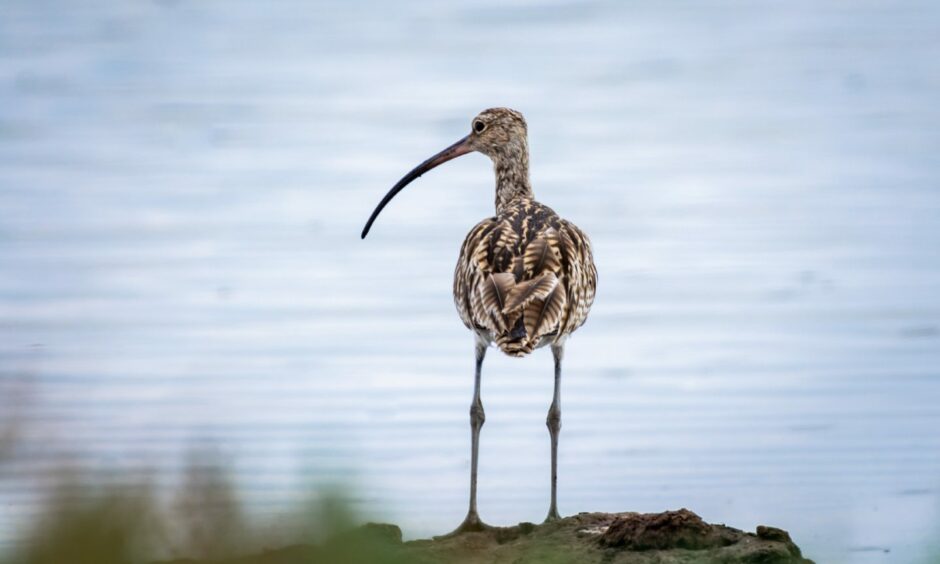UK Government minister for Scotland, Iain Stewart, has joined the fight to make Scotland’s Flow Country a Unesco World Heritage Site.
The Flow Country represents nearly one million acres of land in Caithness and northern Sutherland.
It has been recognised as the largest blanket bog system anywhere and is home to the rarest wildlife in Scotland, including white-tailed sea eagles, curlews, otters and pine martens.
The site is an asset in the country’s fight against climate change, with the peatlands often referred to as the “lungs of Scotland”.
Water-logged conditions in peatlands allow for very slow plant decomposition, allowing dead plants to form peat.
This layer of peat stores carbon absorbed by the dead plants from the atmosphere providing a net-cooling effect and acting as a “carbon sink”.
Peat prevents the carbon from being released back into the atmosphere and helps mitigate climate change effects.
Flow Country peatlands have absorbed over 400 million tonnes of carbon, which is more than twice the total of all forests in the UK
However, by cutting down trees in Scotland more carbon is released, which devastated the peatlands.
‘These incredible peatlands are so special’
However, a group of organisations, including NatureScot, Highland Council and UHI Inverness, have been working to restore the peatlands, recognising their value.
UK Government minister for Scotland Iain Stewart has also recognised the rarity of this unique natural resource.
He said: “These incredible peatlands are so special.
“Not only is the area spectacularly beautiful, but carbon is also trapped here naturally, making it vital in our fight against climate change.
“This unique ecosystem, enjoyed by the UK’s rarest wildlife, should be celebrated.
“Gaining Unesco World Heritage status would be particularly fitting for this amazing landscape and also help level up the area, encouraging sustainable tourism and supporting local green jobs.”
NatureScot chief executive, Francesca Osowska, said: “These amazing peatlands are the lungs of Scotland, and the Minister’s backing is another stride forward in The Flow Country’s bid to become a Unesco World Heritage site.
“It is an important recognition that the restoration work taking place here to lock in carbon and reduce potentially harmful C02 emissions is a crucial landscape-scale solution to the climate emergency the world faces.”
A submission has been made for the Flow Country to become a Unesco World Heritage site, with a decision likely in mid-2024.



Conversation